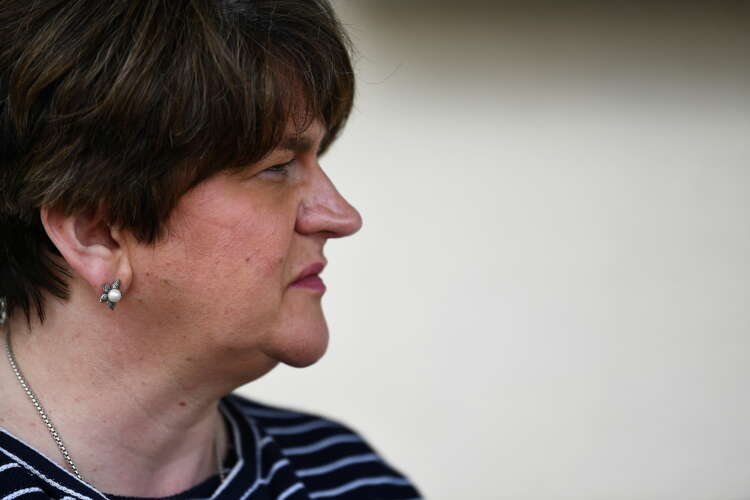Top Stories
N.Ireland leader stands down, starts countdown for new government
Published by linker 5
Posted on June 14, 2021
1 min readLast updated: January 21, 2026

Published by linker 5
Posted on June 14, 2021
1 min readLast updated: January 21, 2026

Explore more articles in the Top Stories category











